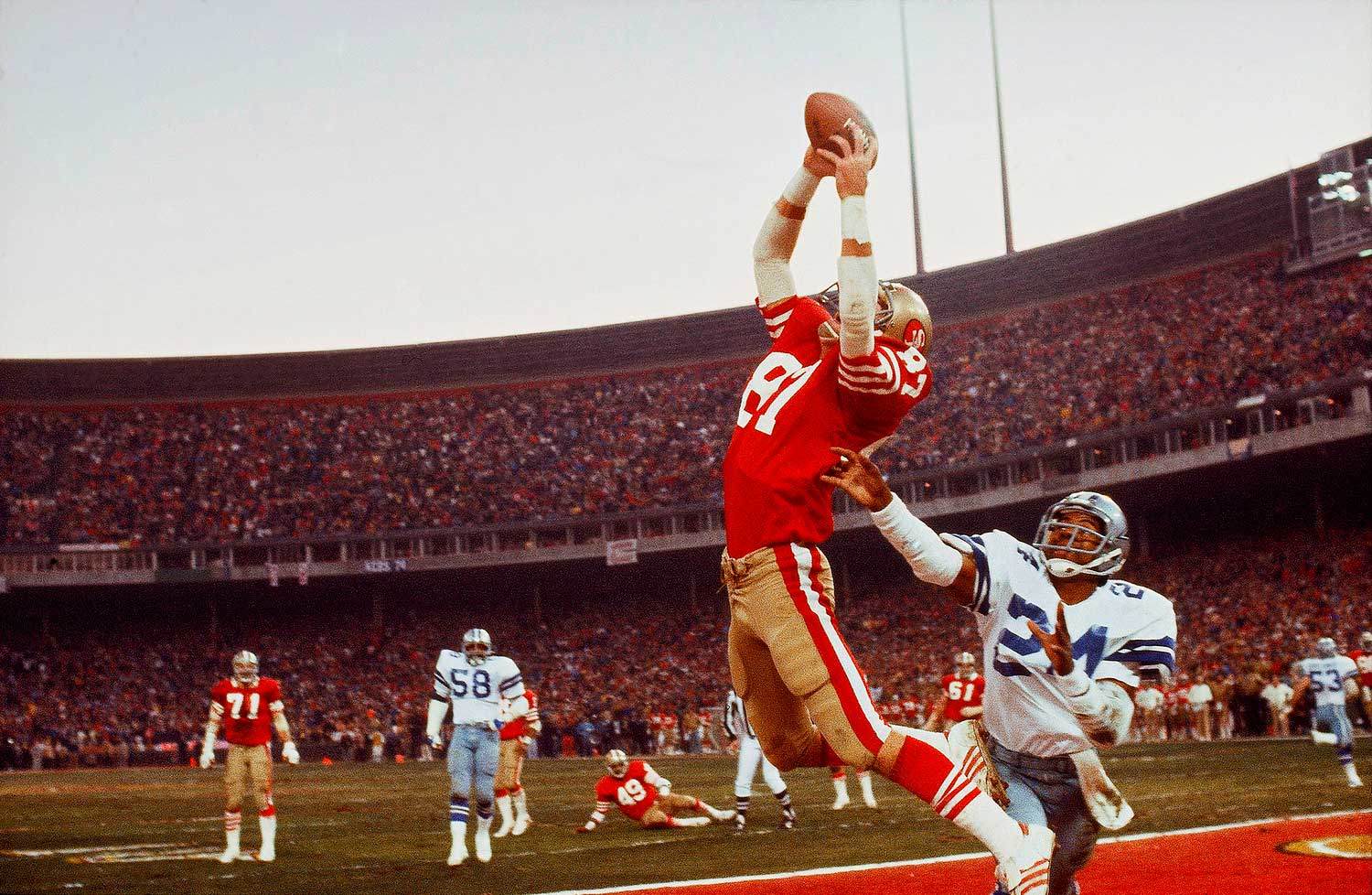
There’s no one, single way to define Walter Iooss – the ultimate master of athletics photography, “a fixture in American journalism,” as dubbed by Steve Fine, Sports Illustrated magazine’s former director of photography, or “the poet laureate of sports,” as he’s been allegedly referred to.
With over 300 covers of Sports Illustrated and iconic award-winning portraits of the world’s greatest celebrity-athletes, Iooss is an undisputed maestro of sports photography, boasting an exceptional career that spans over four decades. His revolutionary frames captured players’ actions in new, vibrant ways, adding to the silhouette and movement of the athletes the depth of the background.
LOOK3 – the three-day photography festival in Charlottesville, VA opening on June 10, 2015 – will feature some of his legendary photographs: a fading sepia portrait of Muhammad Ali and Joe Frazier from 2003, the memorable “catch” by Dwight Clark during the 1982 NFC Championship Game, and portraits of basketball superstar Michael Jordan.
Iooss shot his first roll at a football game in 1959 when he was only 16 years old. “I didn’t know I was going to be a photographer. I was just a sports fan. I loved sports so much,” he says. A year later and a month out of college, he received his first assignment in Groton, Conn., shooting an octogenarian sailor who had built a boat with no plans. Making the back page of Sports Illustrated, the photograph cemented his career with the magazine.
“I was working all the time, traveling around as a FedEx package,” Iooss says jokingly. “The way to travel in the middle ‘60s and ‘70s was crazy. I learned to park, and I park even now, to leave. Because you had to park to leave the stadium, to get out of there. That was what was put in my blood.”
Getting the film rolls to magazines’ photography labs was crucial and a time-sensitive matter. “A lot of time, I didn’t even see the pictures I took, I didn’t really know until I saw it [published]. As critical as shooting the game properly, it was to make sure you got the films back to New York. Because if you didn’t get [the rolls] on a plane, or hand the films to a stewardess or get [them] on a charter, you [wouldn’t] work again. If they kept hiring you… You got what you wanted.”
With time, his style matured from the early “black-and-white photographs that are ‘pure sports’ to the color-saturated, posed action portraits that are ‘pure athletes.’” Those were the years of the swimsuit work for Sports Illustrated, the two-and-a-half-year project photographing Olympic athletes for Fujifilm, the sports advertising that followed, and the sensational essay on Michael Jordan which culminated in the publication of Rare Air.
Iooss went above and beyond the hype of national, self-made athletes who made history in the United States. As a “photo-investigator – Sherlock Holmes with an eye” as he has defined himself – Iooss traveled to Southeast Asia to find the raw essence of sports in the free spirit of the Thai kickboxers. Surprisingly, he found a connection between the young boxers playing in Bangkok with the superstars he previously portrayed, that “chance to be free” that the essence of sports gave them.
“The best of my career was in my 40s and 50s,” Iooss says. “I love photography a lot more now than I probably did [when I was young]. [You get] wisdom, knowledge, understanding of light. I didn’t know anything about portraits when I was a kid.” While photographing Rubin “Hurricane” Carter for a boxing assignment, Iooss used two table lamps and an overhead bulb to light him. “I had no training in lights,” he confesses.
His path has been shaped by dedication and a natural instinct for “the right moment”. In today’s competitive field, there are still outlets for young photographers starting out, he says, but no shortcuts: “Start at the beginning and keep trying,” he advises. “There is business, there is sport advertising, there is always going to be a marketplace for someone who does good work.”
Beside the portraits of champions – “[who bring] a vibration to the air when they come in” – LOOK3 will also feature a photo of Iooss’ dearest subjects, the innocent, carefree spirit of children playing baseball in the streets of Cuba, in black-and-white film. “I started out shooting almost at the age of those kids, [and] I would always search for the dreams of the kids, the joy of sports. That picture epitomizes all of that. That is why people do [sports] for their whole life. Because there is such a joy to it.”
Walter Iooss‘ photographs will be on show in Charlottesville, Va. until June 28. The photographer will be in discussion with Steve Fine, Sports Illustrated magazine’s former director of photography on June 12 during the LOOK3 photo festival, which runs from June 10 to 13.
Lucia De Stefani is a writer and contributor to TIME LigthBox. Follow her on Twitter and Instagram.
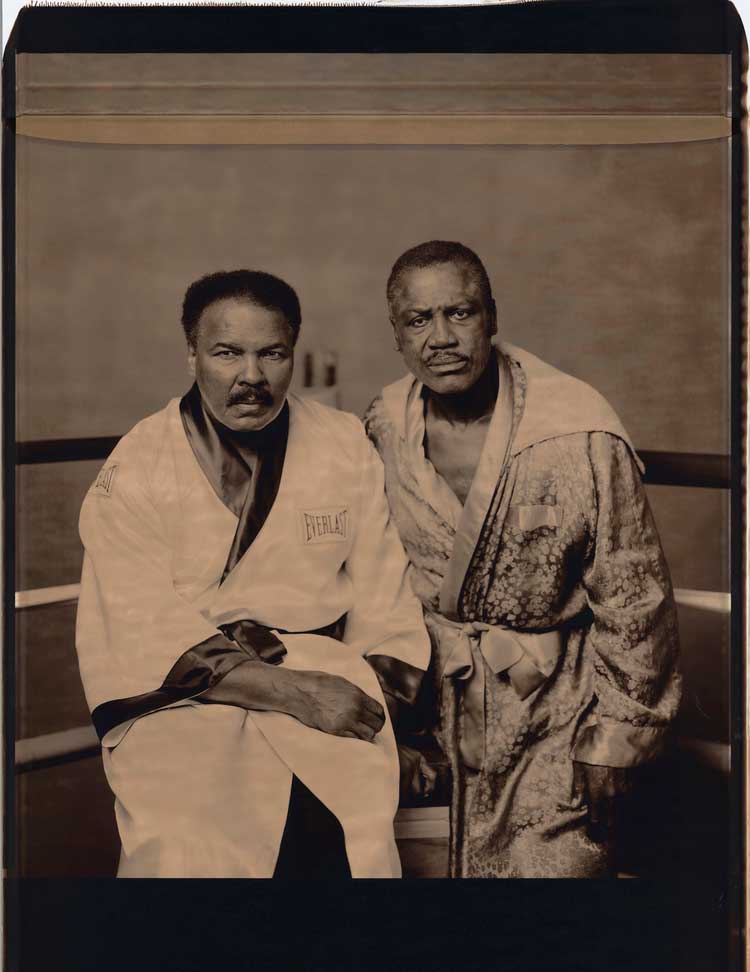
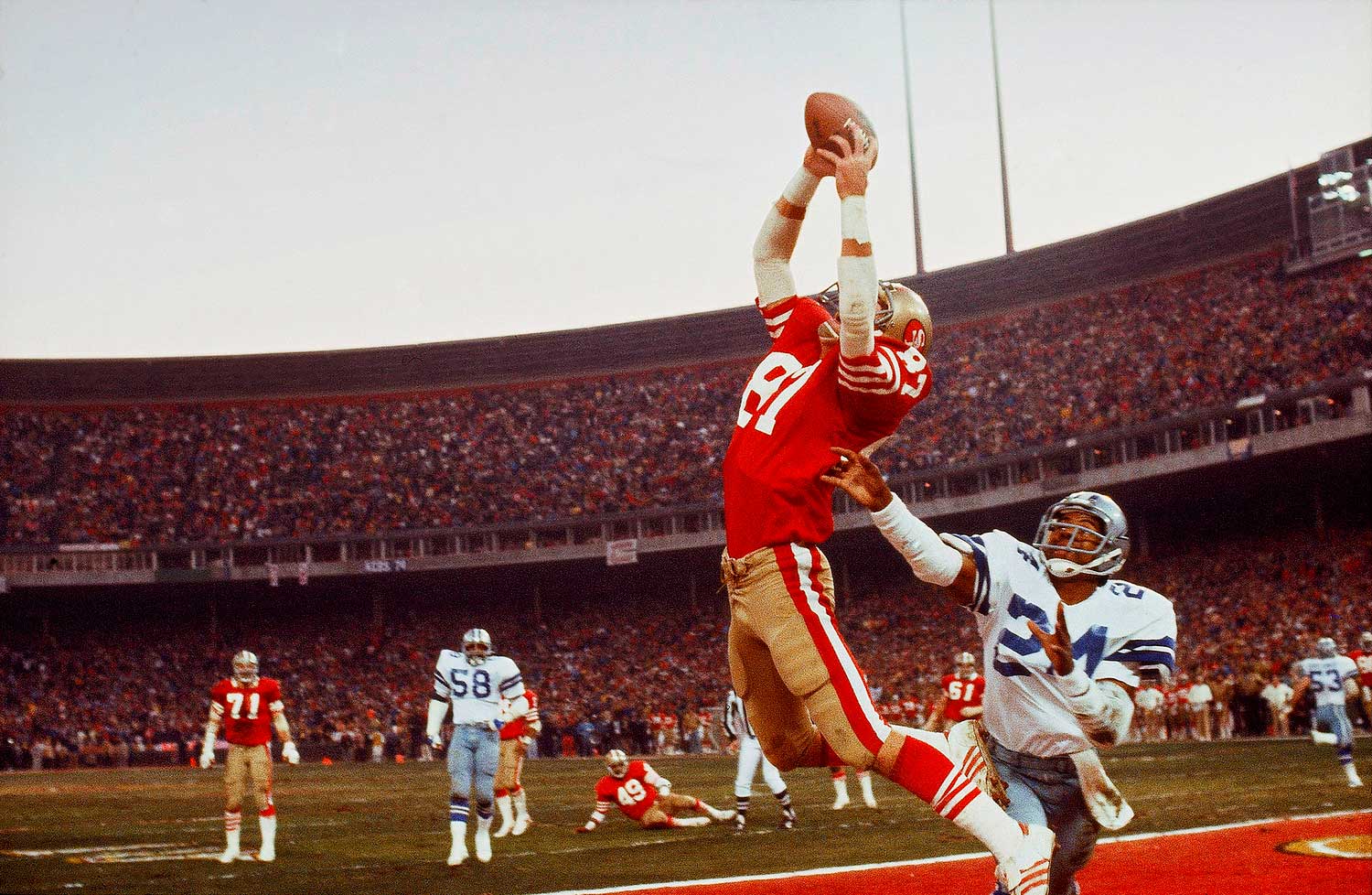
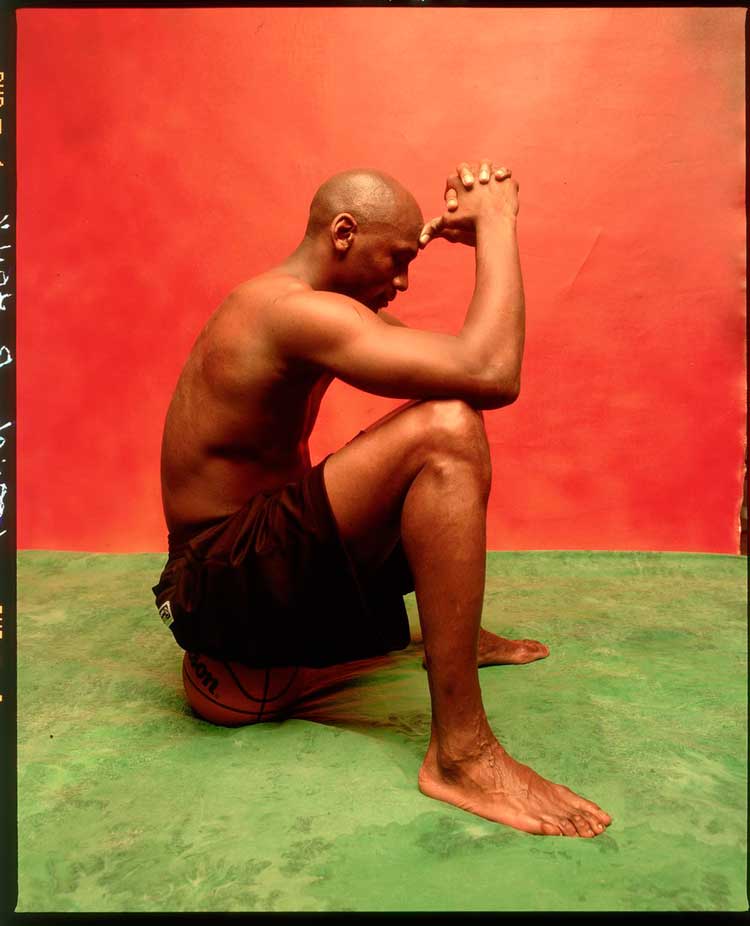
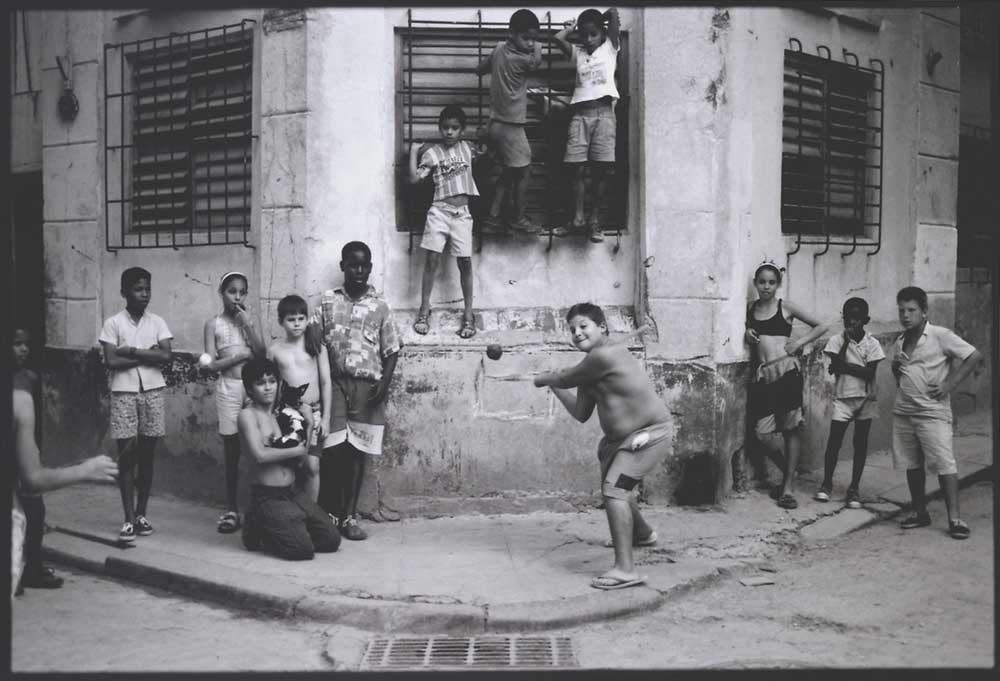
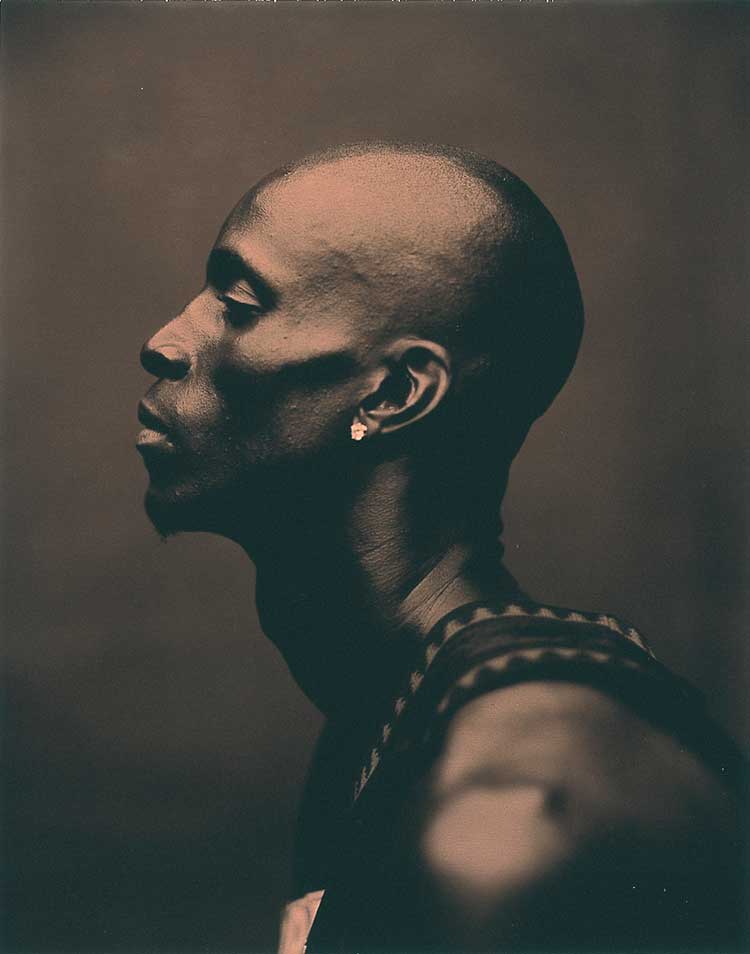
More Must-Reads from TIME
- Donald Trump Is TIME's 2024 Person of the Year
- Why We Chose Trump as Person of the Year
- Is Intermittent Fasting Good or Bad for You?
- The 100 Must-Read Books of 2024
- The 20 Best Christmas TV Episodes
- Column: If Optimism Feels Ridiculous Now, Try Hope
- The Future of Climate Action Is Trade Policy
- Merle Bombardieri Is Helping People Make the Baby Decision
Contact us at letters@time.com